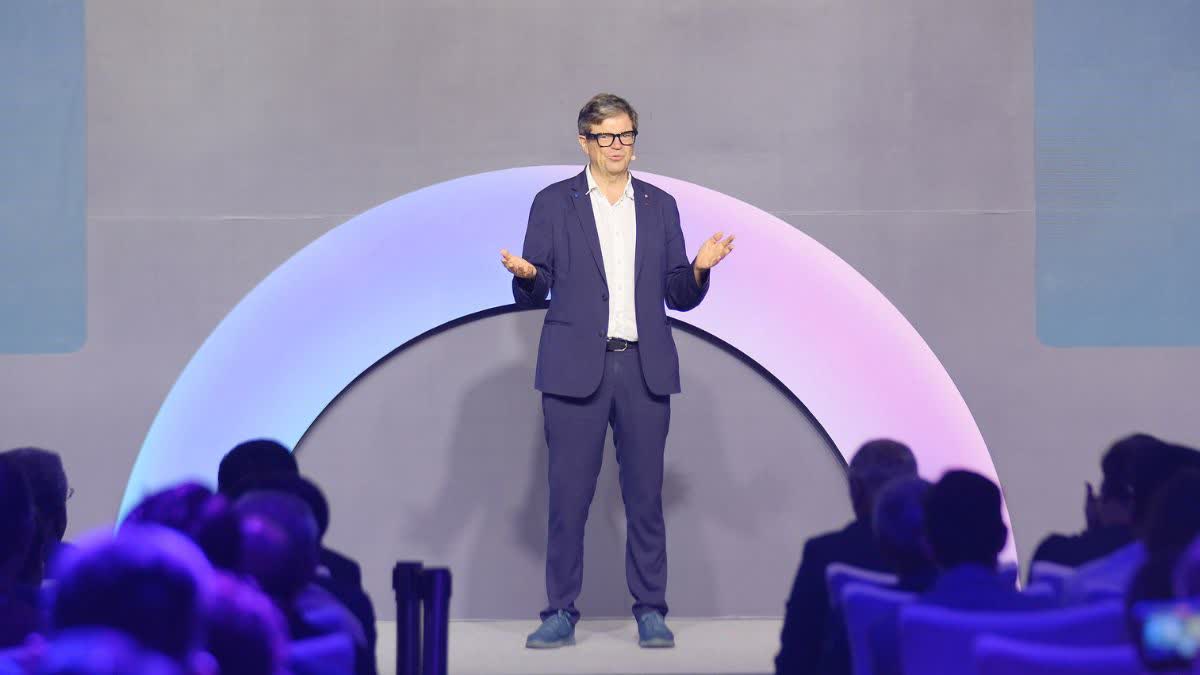New Delhi:Dr Yann LeCun, Meta’s Chief AI Scientist emphasised the future of AI at IIT Delhi during a panel titled ‘From Neural Mimics to Smart Assistants - A Journey into AI’s Next Frontiers’. LeCun advocated for a rethinking of AI architectures and lauded India’s unique position in the AI landscape. LeCun challenged traditional approaches to AI, arguing that the reliance on expansive large language models (LLMs) will not lead to true human-like intelligence.
"Scaling up models alone won't reach human-level intelligence; we need fundamentally new architectures," he stated, calling for systems that understand and interact with the physical world. Among these new approaches, he cited objective-driven architectures, which he believes could enable AI to reason and adapt to novel situations.
A key point of LeCun’s talk was the concept of spatial AI and Meta’s JEPA project. Describing AI’s progress as a sigmoid curve, initially rapid but eventually plateauing, he dismissed the notion of an imminent “singularity” where machines surpass human intelligence. Instead, LeCun predicted that AI would steadily evolve by shifting toward paradigms capable of creating “world models” that perceive, predict, and plan, much like animals do.
On AI safety, LeCun reassured the audience, dismissing fears of AI dominance. “AI’s purpose is to empower, not to control,” he said. Imagining a future with intelligent personal assistants integrated into devices like smart glasses, he joked, “It’ll be like walking around with three smart people working for you.” Highlighting the strides already made, he noted that advanced AI models prioritise ethical safeguards, and he advocated for ongoing development to prevent misuse.
